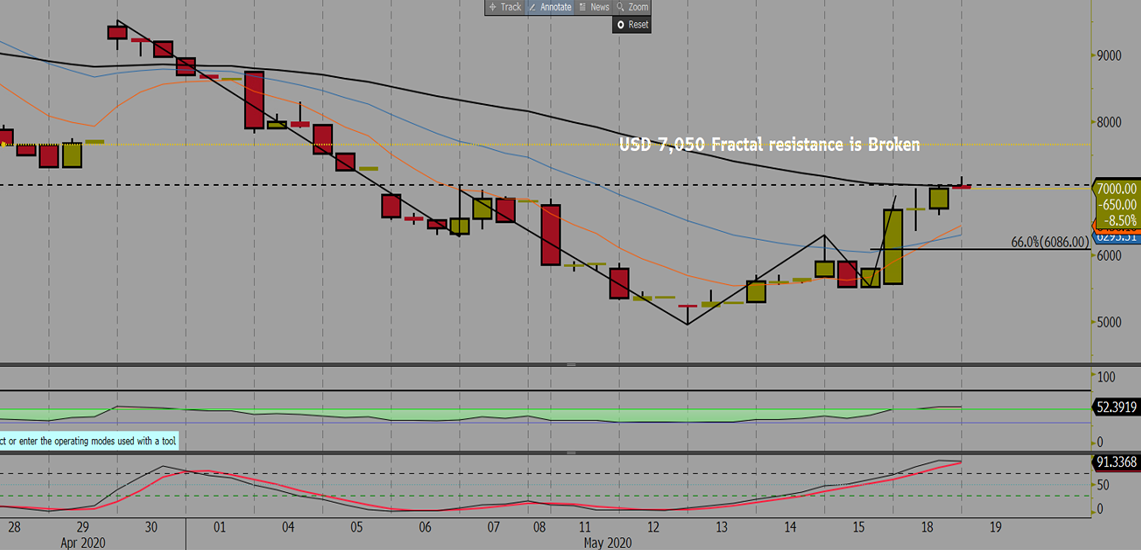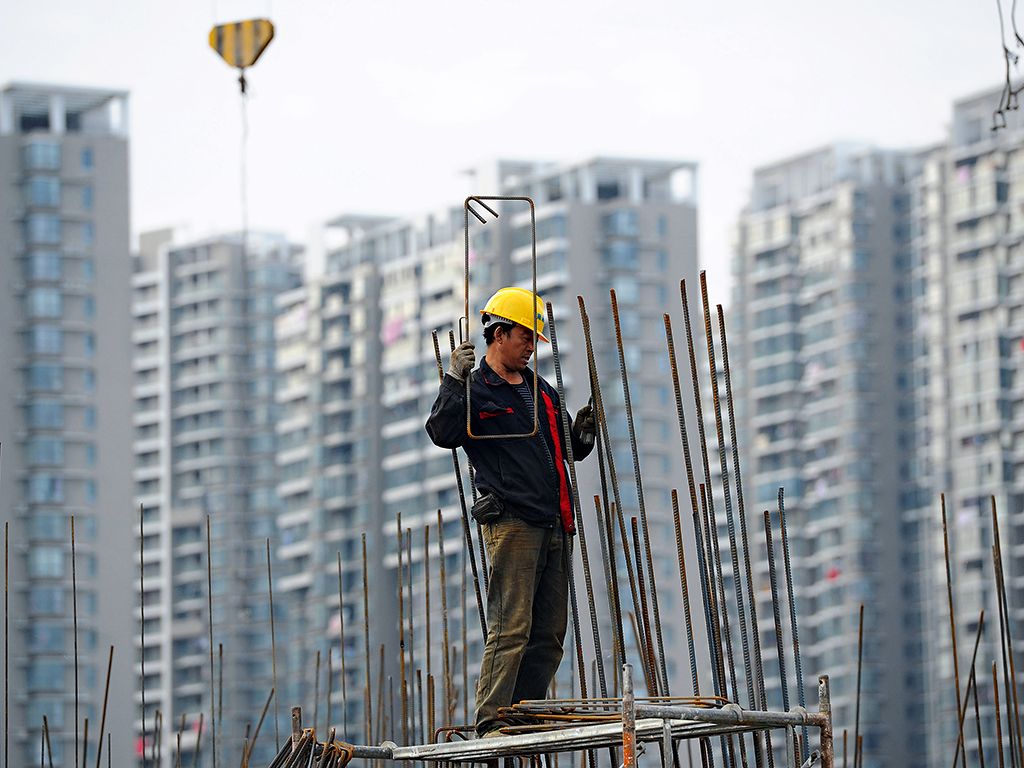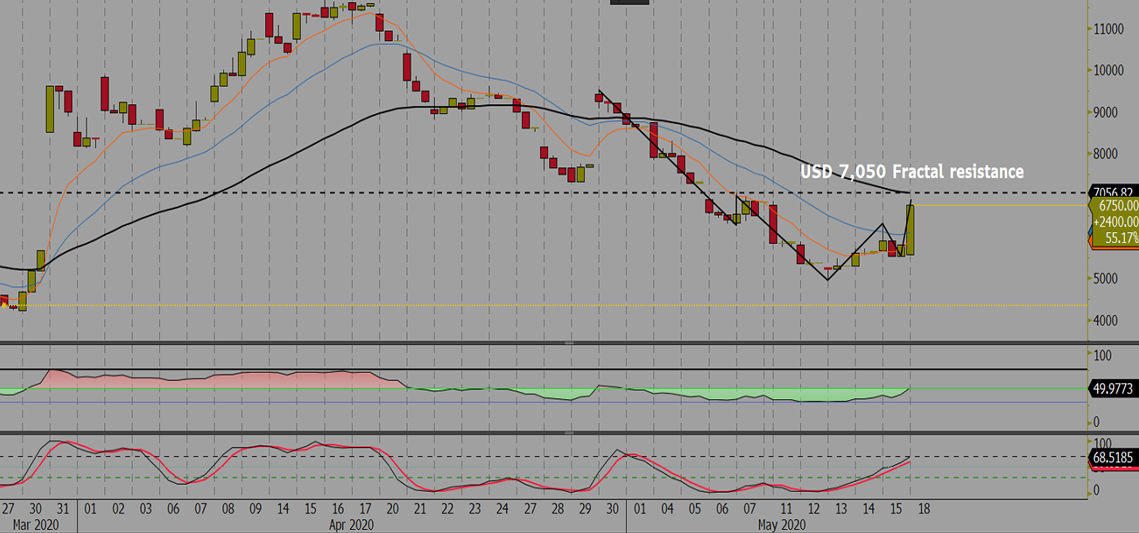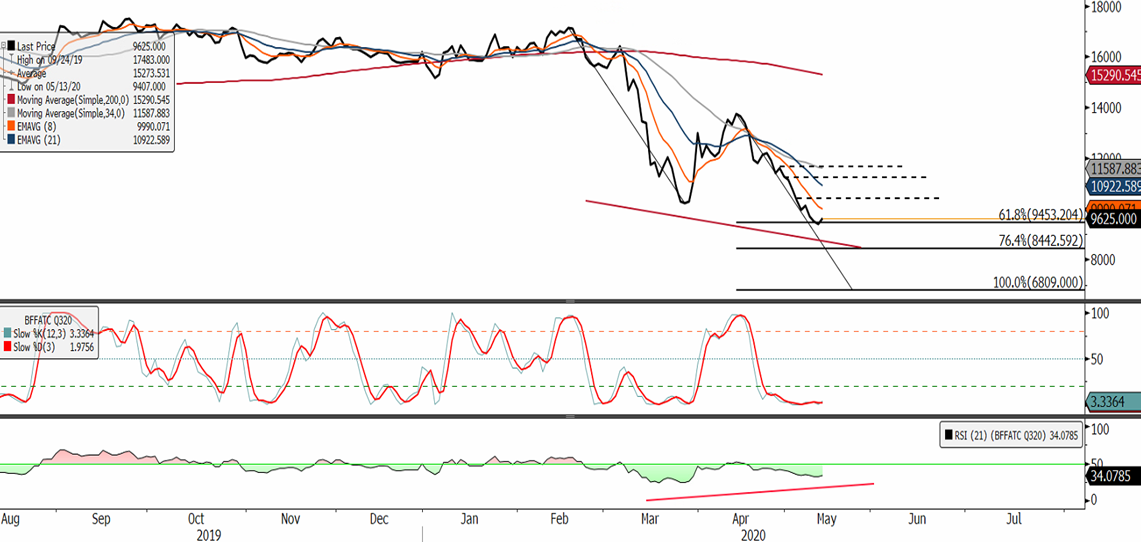Capesize market continued its positive run with more fixings and stronger Pacific market that drove better freight rates. As such, the Capesize 5 time charter average rose by $481 to $2,875 on Monday, as some trade participants were heard to do “bottom picking” after another round of short covering. Driven by better Capesize rates, the …
Continue reading “Capesize extends positive run on better bunker prices”






